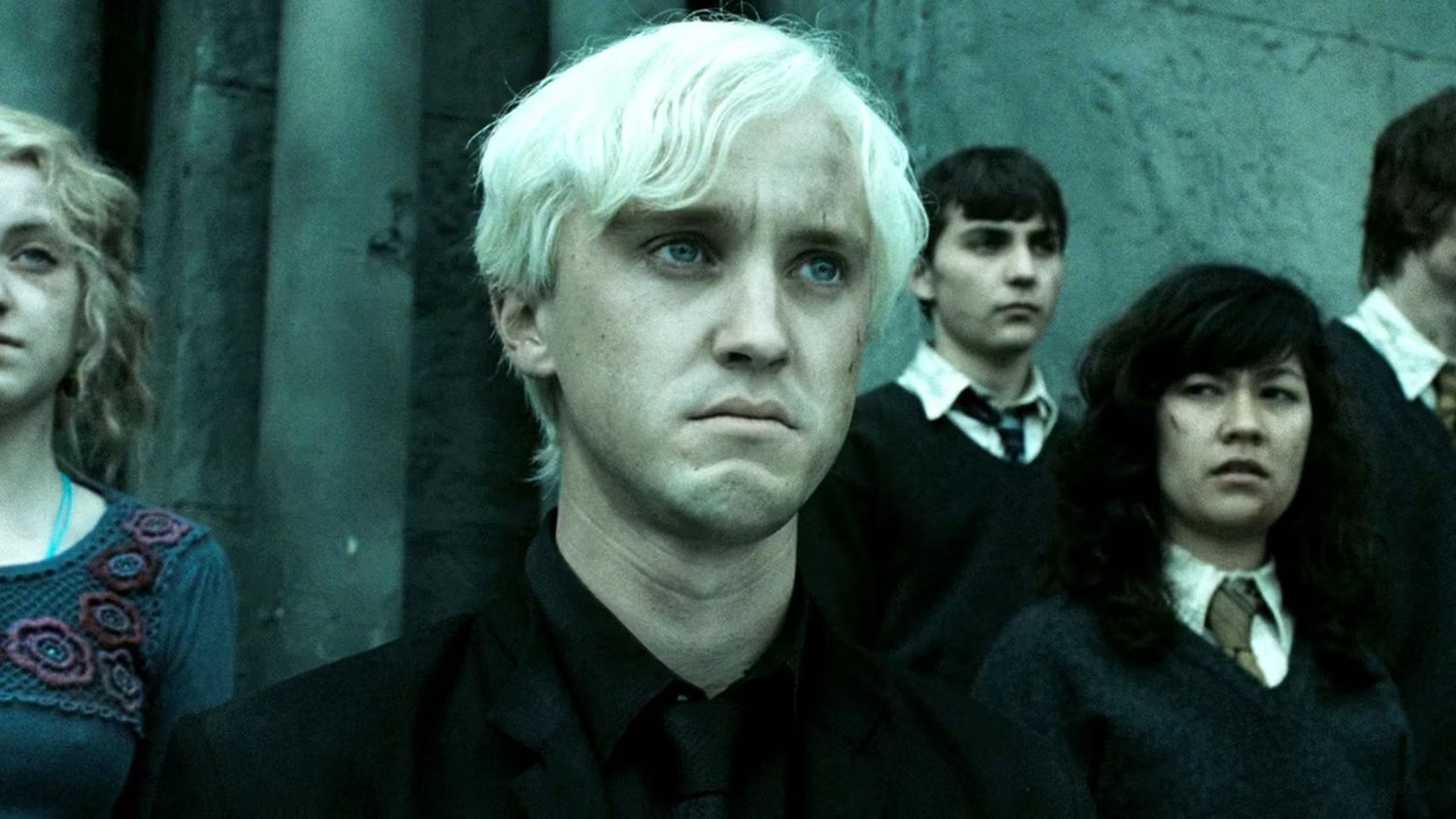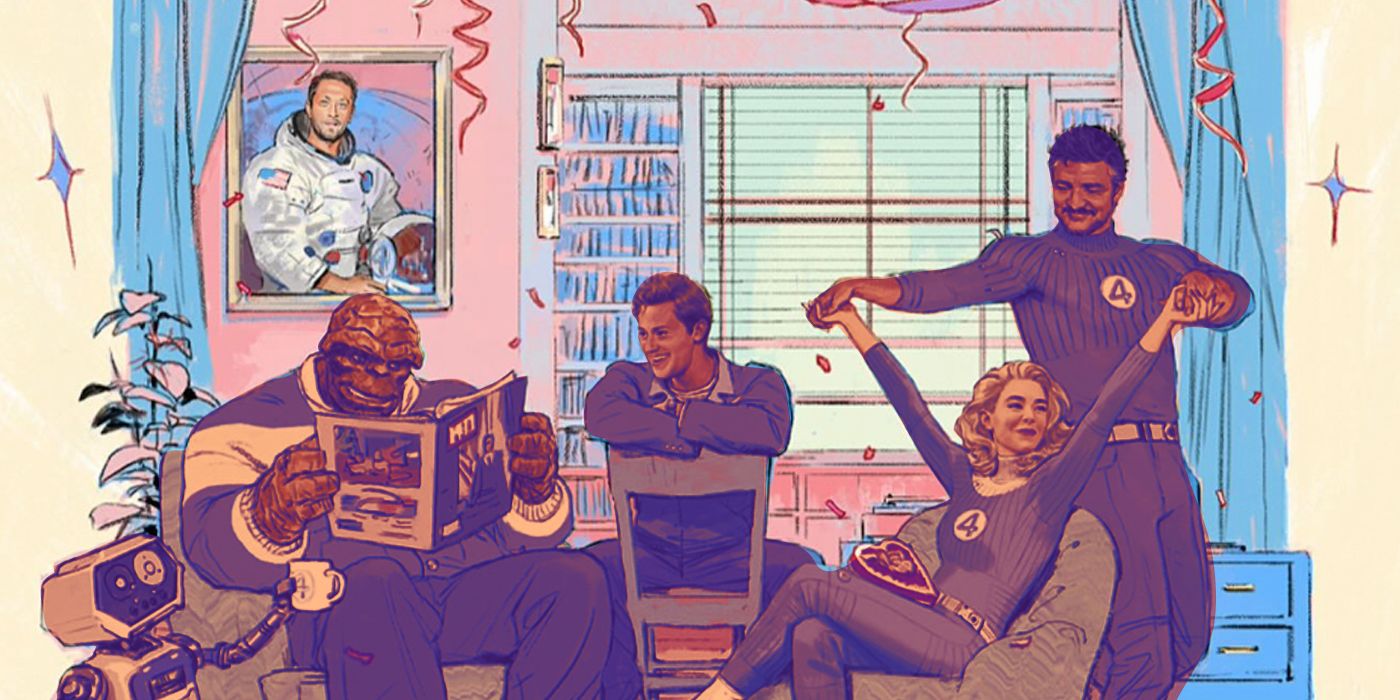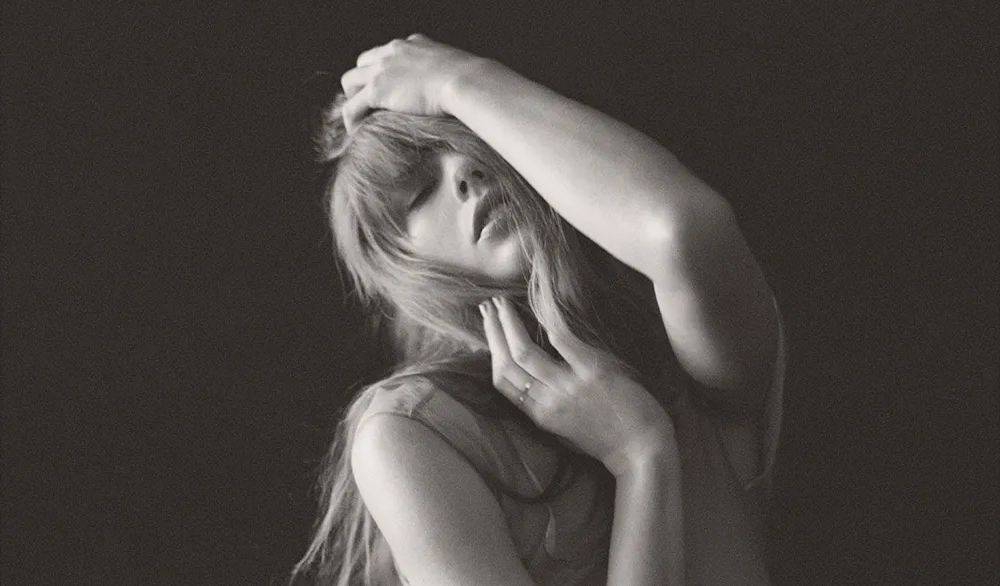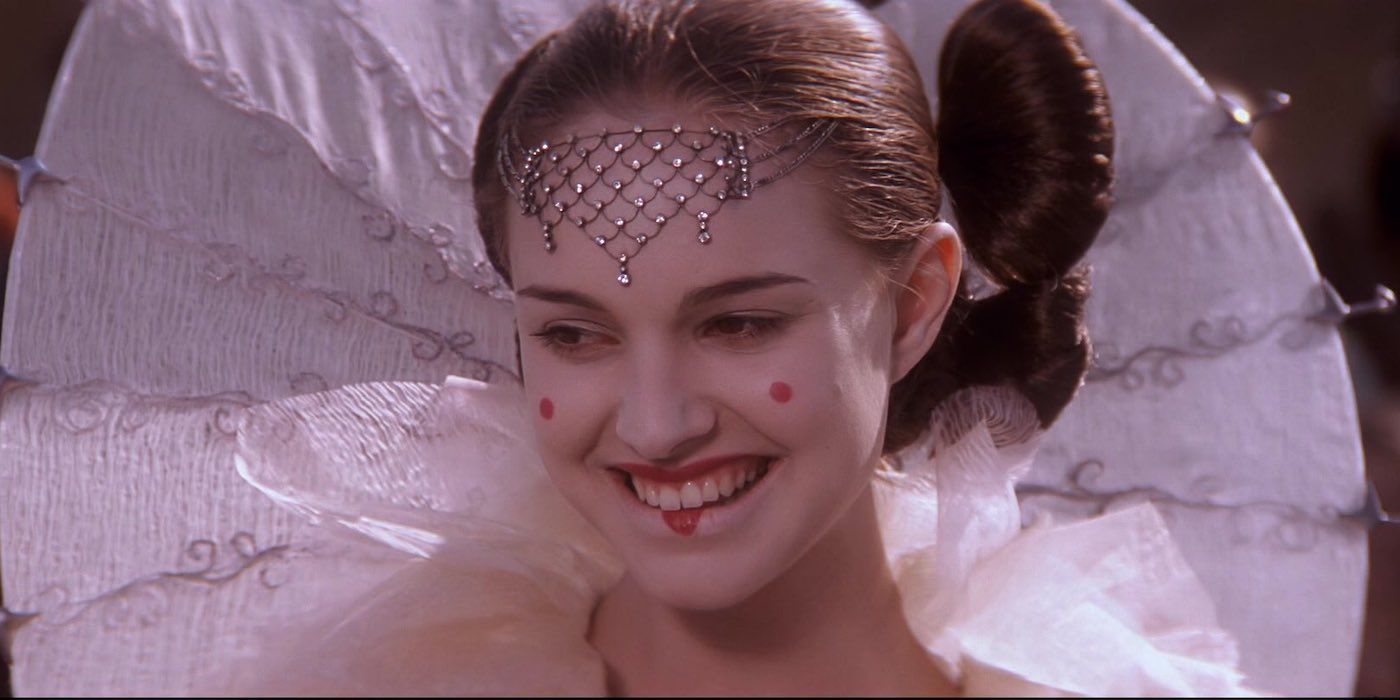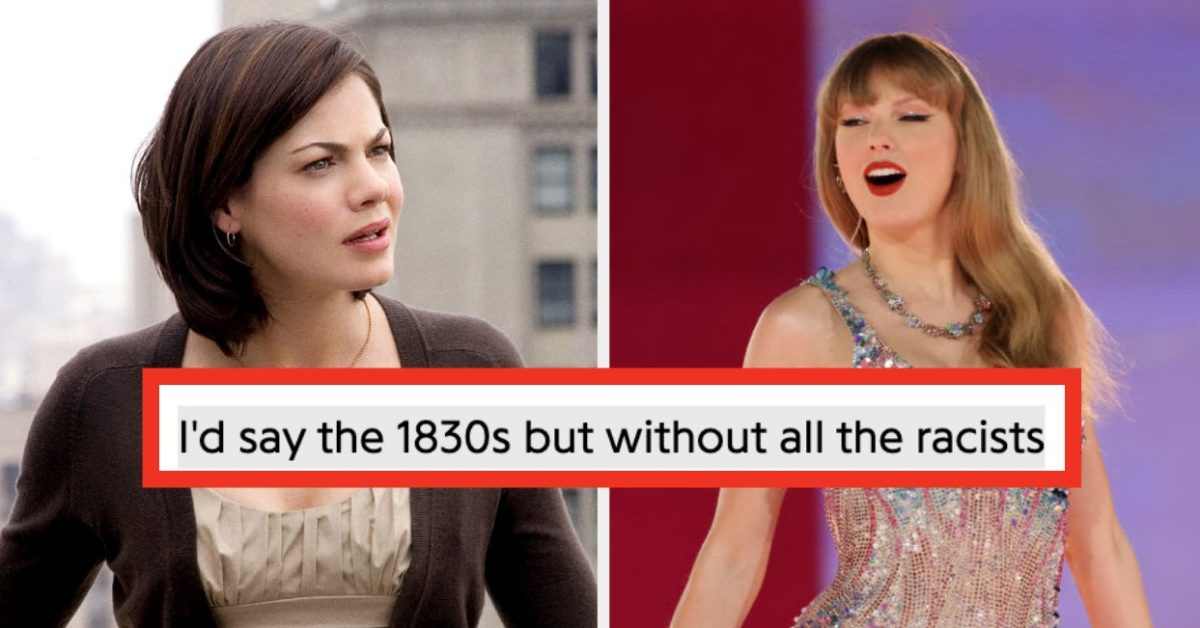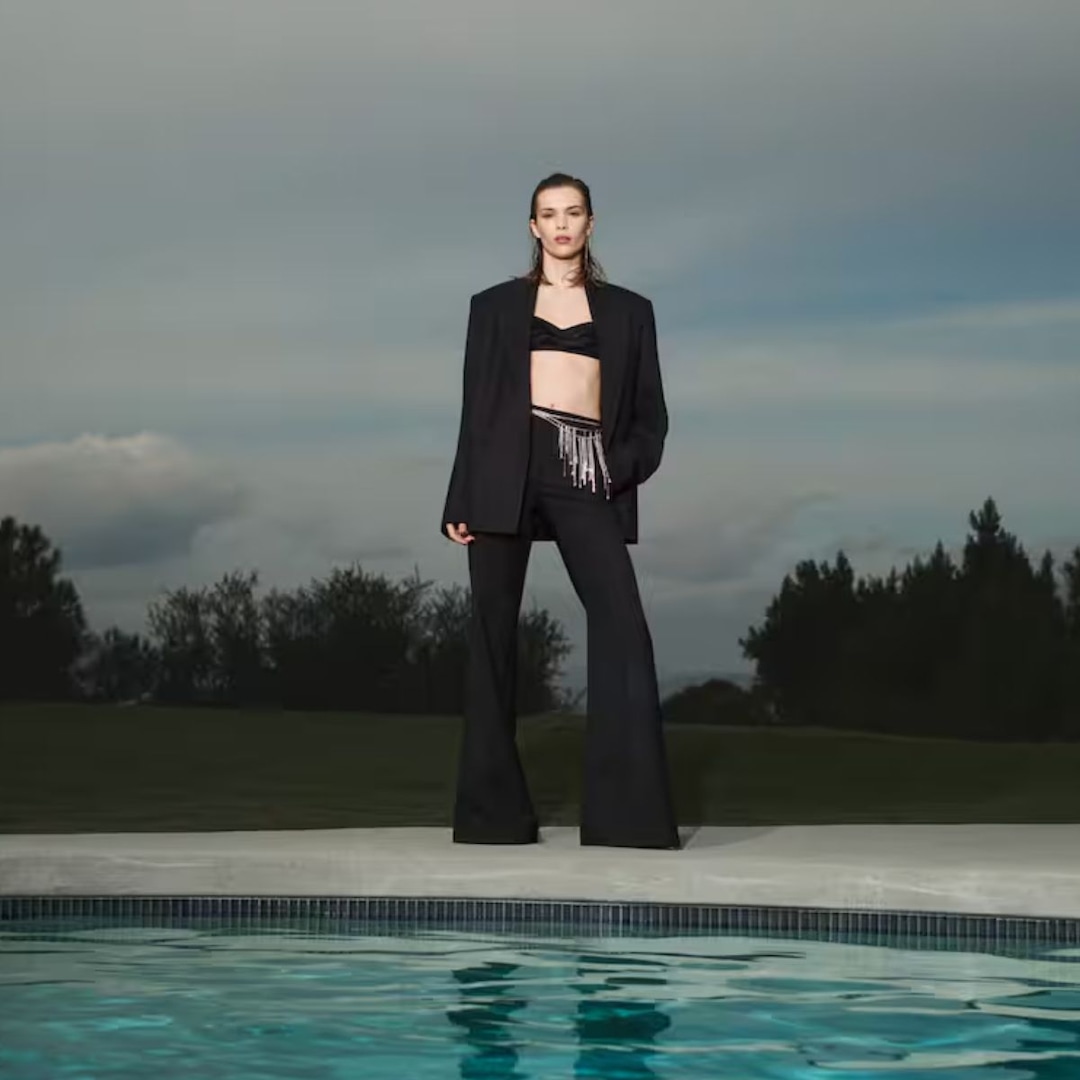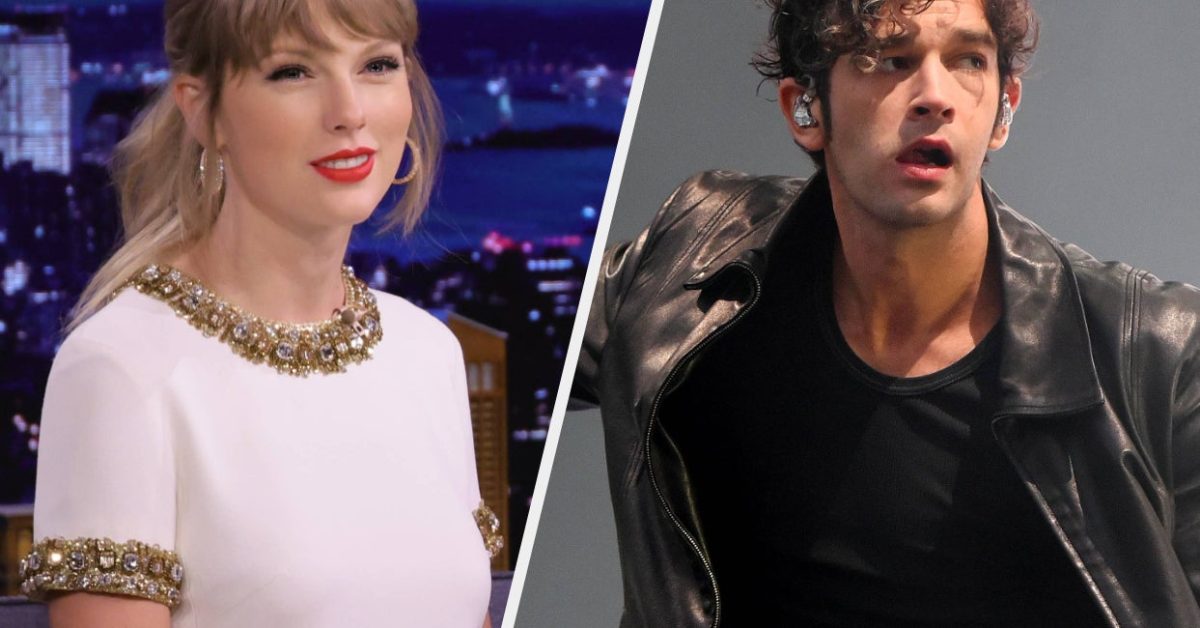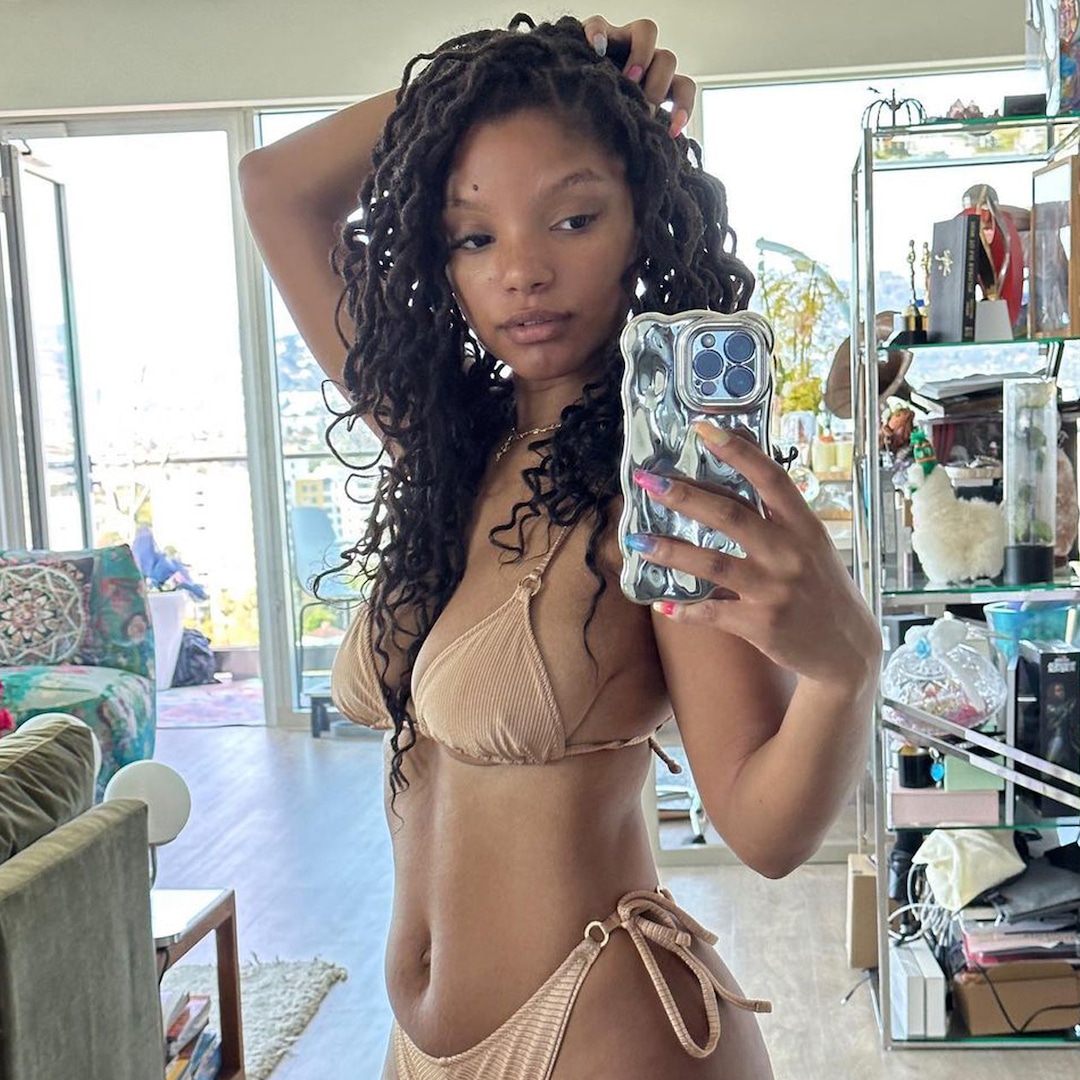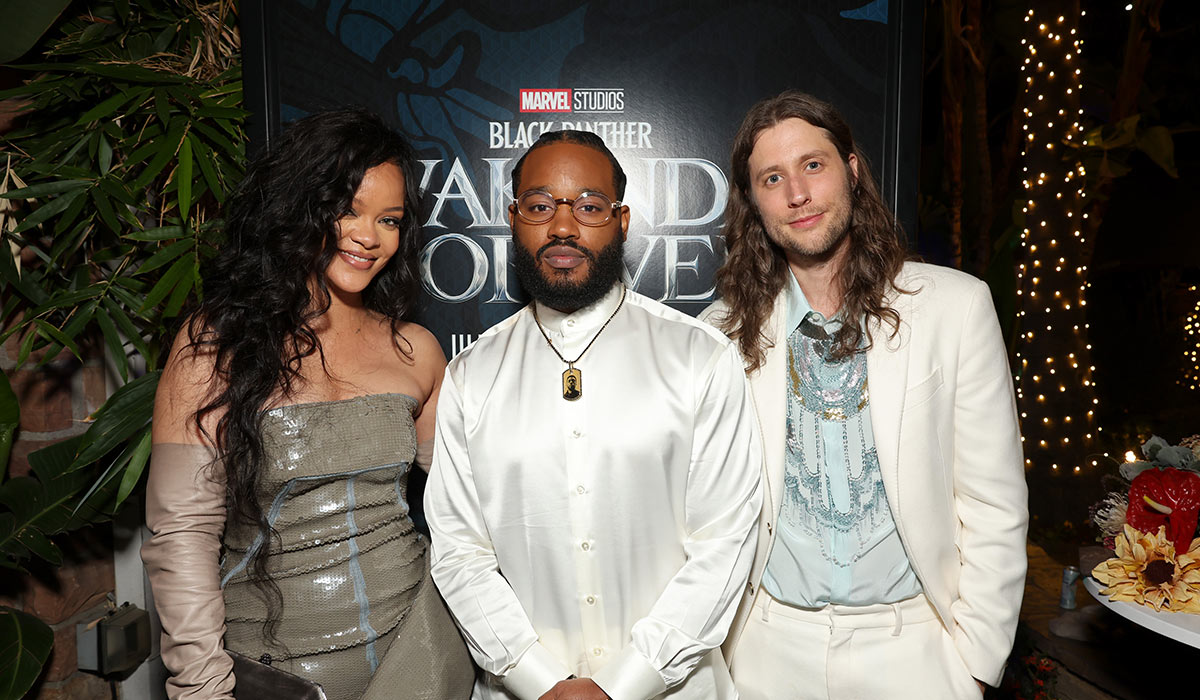
Ludwig Göransson On Rihanna’s Yes To Lift Me Up And Is EGOT next?
Feb 23, 2023
When you get close to becoming an EGOT (an Emmy, Grammy, Oscar, and Tony Award winner), it sometimes becomes a hunt to land the missing link. Jennifer Hudson, who just hit quadfecta in June, wore a ring with “EGO” on it for years. It probably goes without saying that Ludwig Göransson, who won an Emmy, Grammy, and Oscar before the age of 36, is not clamoring to secure a Tony. The Swedish composer and songwriter seemed perplexed that anyone would ask if he’d consider a theatrical musical project anytime soon. Then again, when you’re busy collaborating with artists such as Ryan Coogler, Christopher Nolan, Donald Glover, and Rihanna, it’s probably the last thing on your mind.
READ MORE: “Wakanda Forever”: Ruth Carter on fashioning Namor’s undersea costumes and the new Black Panther armor
It’s partially thanks to Rihanna that Göransson just earned his second top two hit on the Billboard Hot 100 charts (his first was Childish Gambino‘s “This Is America” which went to no. 1 in 2018). Along with Nigerian artist Tems, the trio co-wrote “Lift Me Up,” the title track from Coogler’s latest blockbuster, “Black Panther: Wakanda Forever.” Securing Rihanna’s involvement was a remarkable pop culture feat considering she hasn’t toplined a single since 2016.
“We approached Rihanna a long time ago, in the beginning, at that stage, she was about to have her kid,” Göransson recalls. “She was also building her empire, and she hasn’t released songs in six years. [Then] she had her kid, she saw the movie and she just really bonded. She loved the movie and she really connected with it. And when she heard our first version, our first idea of ‘Lift Me Up,’ she immediately was like, ‘Can I be the voice of this?’”
Over the course of our conversation, Göransson reveals just how his trips to Mexico City and the Yucatan Peninsula influenced the film’s score and soundtrack, how Rihanna ended up doing a second song, whether he’s yearning to produce a non-soundtrack album again, and much, much more.
____
The Playlist: First of all, congratulations on the soundtrack and on the score.
Ludwig Goransson: Thank you.
Correct me if I’m wrong, but “Lift Me Up” is your second top two hit on the Billboard Hot 100, am I correct?
I think so. Yeah, I think you’re correct.
Is achieving that pop music success important to you?
I feel like I’m very lucky to be able to have a foot in each world and that’s also why I wanted to do this movie. We wanted to create a soundtrack and create songs that were integrated into the movie in a way where it’s a completely immersive experience. You don’t feel like a song is starting or ending. And you don’t feel like the score is starting, and it’s all tied in together. And to use that in a way where it also translates to pop radio? Some of these songs take on a life of their own without the movie. That’s really cool to see.
“Con La Brisa” is also super popular. I just checked on Spotify, and almost 23 million streams in what, three weeks?*
Wow.
*At publication, the track now has over 26 million streams on Spotify alone
Wait, do you not check to see how your music is doing on Spotify?
People sent me a lot of videos of TikTok, and I know it got a lot of attention. And I saw it was on the Shazam list, one of the third most Shazam [searched] songs of the whole world this last week.
Talk about a song having a life of its own. That’s clearly an example right there.
Of course, yeah. And Foudeqush, before I went to Mexico to start working on the music and on the score, I had a playlist with a hundred different artists and one of her songs came up and I was like, “Oh, my God, her voice is incredible.” Never heard anything like that before and I wanted to work with her. And we had a day together where we wrote a song for the movie and it just came out incredible and magical, and I think that translates to everyone else, too.
What was that process like in terms of songwriting for the film? Did you go to Foudeqush and tell her, “Hey, there’s this moment in the film that I was thinking needed a track…” or do you just try to collaborate on themes from the film and find a way to work it into the picture?
No, what you said is exactly what I did. I went first to Mexico City, where I started working with music archeologists that were experts in the field of trying to reimagine what the sounds of the Mayans were because that whole music culture and history was forcibly erased. So, we don’t know how it’s exactly what that music sounded like, but we could try to imagine it. So I was doing that during the daytime and at nighttime, I would have artists, contemporary Mexican artists, rappers, singers, come into the studio. And I would work with them, sometimes with the material I recorded early in the day, the Mayan sounds. Ryan Coogler was still shooting the movie at this time. So I would tell them about the script, “Hey, we’ll go through the script.” I was like, “This is the scene. Namor is showing Shuri his underwater kingdom,” or, “This is Namor’s origin story where his mom is transforming into a blue person.” At that time, also, people didn’t know, “O.K., you’re working on ‘Black Panther,’ why you’re in Mexico?” So, I had to talk to them about the script. And then we wrote songs based on the script. And then, while I was writing those songs, we were sending them to Ryan while he was shooting.
How would you differentiate working on a soundtrack project like this, as opposed to a traditional studio album where you hear artists say, “We did 40 or 50 tracks and it got whittled down to eight, 10,” or whatever. How many songs did you go in and record that didn’t get into the final film or the soundtrack?
Man, we recorded about 10 songs in Mexico City and then 10, or 15 songs in Nigeria. And Ryan and I went to Nigeria together. Lagos, especially, is such a music hotspot right now. There are so many artists that are coming out of there that really get their voices heard in the whole world, like Burna Boy, Wizkid, Tems. And also, in Lagos, there are 500 different languages and 350 different tribes, and they all have their own instruments. So, I could also work with traditional African musicians as well. That’s why we went to Lagos together. And we were in the studio for about two weeks. Every night, just creating songs with artists and recording musical elements to the score simultaneously, hand-in-hand.
How would you then describe this process compared to the first film? Did you feel like you had more time beforehand to work on it?
The process was very, very different. Mostly because just juggling a job that’s normally done by two different people. Then there are the songs and then the composer. So here, that world is meshed together. So it was more workload. But also, because of that, it also made my life and my work process easier in some kind of way, because I was able to, I don’t know, I was able to take elements from each. I could put song elements into the score and I could put score elements into songs. But it was a different process for sure.
Had you already worked on most of the score before you started trying to siphon in the soundtrack?
No, I did them all simultaneously. When I read the script, the first version of the script still had T’Challa [Chadwick Boseman] in it. So, at that point, I was like, “O.K., well, we already have the sound world. We already have the themes. We already have the instruments. So, I’m going to expand on that. But after the tragic passing of Chad, losing my guy, we had to take a different route with the music. Because so many of these instruments from the first movie and these themes are just so tied to that character. We are still using some of the sounds and some of the voices and some of the themes, but we had specifically really had to put into place, in the few selected places in the movie where it just felt right.
There is this incredible moment at the end of the film with Suri on the beach that most people now know about. How did you guys approach that? Did Ryan always know he wanted there to be a song at that moment? How did that evolve into “Lift Me Up”?
Yeah, it was always a song. And I had started the “Lift Me Up” idea way before they finished shooting the movie. It was a score idea at first. And then I always thought it could make a great song, and I asked Ryan if he would write some lyrics for it. And Ryan wrote some incredible lyrics. I don’t think he’s ever done them before, but it came very naturally to him because of the subject and what the movie was about. And then as soon as we went to Nigeria, the first artist we recorded with was Tems. First, we did a trailer, we did “No Woman No Cry” with her, which was incredible. And then we worked with her on “Lift Me Up.” And then we came back to LA. At this time, I mean, we approached Rihanna a long time ago, in the beginning, at that stage, she was about to have her kid, she was also building her empire, and she hasn’t released songs in six years. [Then] she had her kid, she saw the movie and she just really bonded. She loved the movie and she really connected with it. And when she heard our first version, our first idea of “Lift Me Up,” she immediately was like, “Can I be the voice of this?”
When you approached her, did you and Ryan have faith she was going to say yes or did you think this was like, 50/50? I mean, people have been waiting for her to release new music forever.
I don’t think things are going to happen until they’re done. That’s just how I see things. I don’t take anything for granted until it’s actually done and I’m sitting in the movie and I’m watching it.
You have these two aspects of the film, you’re working at this process where you’re working with different collaborators doing songs, and then what I’m assuming is a very more lonely solo aspect of your work, writing the score. Is there one you feel like you continue to gravitate more to the other? Is there one that gives you more joy than the other?
It’s a great question. I think they each need each other. I like working by myself in my studio, but so much of music is about the meeting, it’s a cultural meeting. It’s something you do together, right? So, just the fact that I’m able to do my own thing here in the studio, write all the stuff, but then also go out and record with artists and have that interaction and learn new things, learn about new cultures, learn about… I found a rap community that raps in Mayan. There are only one million people left in the world that speaks Mayan. I couldn’t find anyone in Mexico City, but I flew out to Yucatan Peninsula and I found on Instagram a Mayan rap community, and I got to record a song with them that’s now in the “Black Panther” end titles, you know?
Oh, which one is that on the soundtrack?
It’s “Laayli’ kuxa’ano’one.” The artist’s name is Pat Boy.
And clearly, they’ve never had exposure like this before.
No, they started wrapping in Mayan about three years ago. And when he started rapping in Mayan, the older generation made fun of it. They were like, “Why would you rap in Mayan? People don’t speak Mayan anymore.” But then the younger generation of kids saw him rapping in Mayan, heard him, and started booking some shows. They loved it. They loved hearing Mayan. And he created a Mayan rap community. And at that time, then also, the older generation saw that he started making some shows and some monies, they were like, “Oh, it’s great. You’re rapping in Mayan.” Now, they have this song after Rihanna’s second song.
It’s one thing to get Rihanna to do one song for your film after she hasn’t released anything in six years. How did you get her to do a second?
Yeah. I guess when she did see the movie, she connected with the movie on so many levels. Writing “Born Again,” it was, Rihanna and me, I got to work with James Fauntleroy, who I collaborated with a bunch of times. And then a new collaborator for me was The-Dream. And they also both really collaborated with Rihanna a bunch of times. So, it was just a special time to write a very special, unique song to get together that embellishes the story of the movie, and then in the end turn turns into this wild, hymn.
In terms of the score, you already won an Oscar for the first one, but many of us think this might be a bigger achievement and a more beautiful score than even that one. Is there a moment you’re most proud of in terms of the score?
There were just so many magical things happening throughout the journey. Especially how we wrote a lot of songs just based on the script. And a lot of the music was just written based on the script. And then I’m coming back to the studio and I’m getting the picture in front of me, and I’m sitting there and I’m like, “Oh, my God.” We wrote the song just based on these pages, but then I’m sitting and I’m watching the scene. And, for example, I’m putting in the song, Namor’s origin story, and you see this all takes place on the screen. And I remember, I was working with this incredible Mexican singer and rapper, Vivir Quintin, and Mare, she’s an incredible rapper. And there was a point when she started rapping, and I told her, “What if you start whispering here, instead?” And then in the movie there’s this, she’s giving birth underwater and I put in that whispery rap part in that section, and it was just like, “Oh, my God, this is incredible.” I couldn’t believe that this is how it was going to turn out.
I know you’ve been working on the new season of “The Mandalorian.” But I’m also curious, having just gone through another experience of doing a soundtrack like this, do you have any interest in doing more producing or songwriting for individual artists on the side? Is that something that you’re gravitating to it at all, or is the composing keeping you busy?
Well, the thing with composing is, when you are tied to a movie, like “Wakanda Forever,” I’m tied to it for a year, and it’s hard to do something on the sides. And when you work with artists, normally, they’ll hit you up a week before, “Hey, can you go to the studio next week?” Maybe it used to be like this in the ’80s or ’70s or ’90s, where you were had a year ahead of time. You’re like, “Okay, 2023, November, we’re going to work for five months on the album.” But in this world, you can’t have that on the music side anymore.
So I’ll take that as a no. [Laughs.]
I want to do that, and I’ll do that more when I’m done with my film commitments. Yeah.
You’re an Emmy winner, a Grammy winner, and an Oscar winner. In theory, the Tony Award is next. Are you working on any stage stuff? Have you ever thought about it or is it just something to consider down the road?
Not yet. I haven’t even thought about it. When I was in London recording the score for “Wakanda Forever,” I went to see there’s an incredible musical called, “& Juliet,” which is Max Martin’s musical, with all his songs. It just opened on Broadway. And I had to say it was fabulous and it made me inspired.
“Black Panther: Wakanda Forever” is now playing nationwide.
Publisher: Source link
Taylor Swift Lyrics About 1830s Has People Really Confused
taylor swift: the old world was misogynistic and racist, but people are blinded by aesthetics and nostalgia. in reality i would’ve hated being theretwitter users: she’s racist— who’s afraid of little old elin? (@tsignelin) April 19, 2024 Disclaimer: This story…
Apr 24, 2024
Victoria Beckham’s New Collaboration With Mango Is as Posh as It Gets
We independently selected these deals and products because we love them, and we think you might like them at these prices. E! has affiliate relationships, so we may get a commission if you purchase something through our links. Items are…
Apr 24, 2024
Taylor Swift Appears To Slam Fans Who Condemned Matty Healy Relationship
In Feb. 2023, Matty sparked further backlash during an appearance on The Adam Friedland Show podcast, during which he laughed while rapper Ice Spice was referred to as a “chubby Chinese lady” and “a fucking Eskimo.” A range of accents…
Apr 23, 2024
Halle Bailey Says She's Suffering From "Severe" Postpartum Depression
Halle Bailey's postpartum struggles have come in waves. The Little Mermaid actress opened up about the mental health challenges she's faced as a new mom since welcoming her baby boy Halo with... Disclaimer: This story is auto-aggregated by a computer program and has not been created…
Apr 23, 2024
